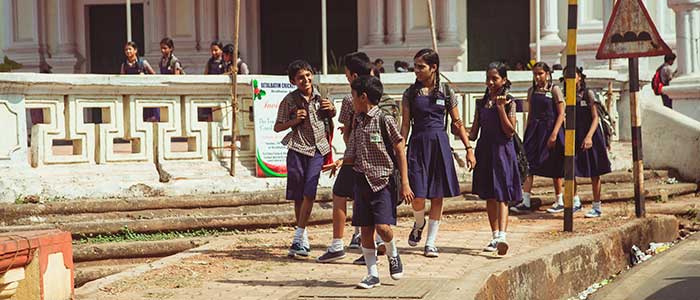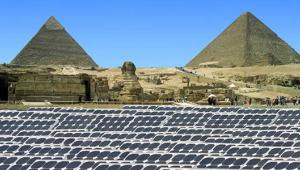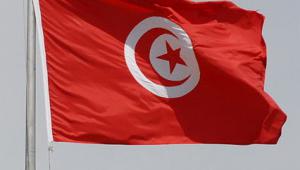Web_BangladeshChildren_shutterstock_288299732.jpg

Bangladeshi school children
The bank announced a $100m grant for primary education in Bangladesh yesterday and a $177m loan for the ongoing construction of a power plant on December 27.
The grant will come from the Global Partnership for Education and support the country’s government’s Third Primary Education Development Programme (PEDP3), which is already supported by the World Bank and a number of other development partners.
Kazi Shofiqul Azam, additional secretary of the economic relations division in the Bangladeshi government, explained that the grant provides the additional support needed to scale up PEDP3’s ongoing efforts to ensure inclusive and equitable primary education, enhance the learning experiences of the poorest children, standardise teacher training and modernise textbook distribution.
Already as a result of PEDP3 and its predecessors, the number of children enrolling and completing primary education in Bangladesh has increased, one year of pre-primary education has been mainstreamed and the number of primary schools receiving textbooks within the first month of the school year has increased almost threefold.
The rest of the World Bank financing, in the form of a loan from the bank’s International Development Association, will help complete the construction of a power plant that will account for 6% of all electricity delivered to the country’s national grid.
“In the last few years, the country has increased its power generation significantly. But at the same time the demand for electricity has gone up,” said Shofiqul Azam.
“The project will increase the uninterrupted and low-cost power supply during the peak demand period, and thus help spur economic activities and reduce the cost of doing business in Bangladesh.”
The concessional loan, which takes the World Bank’s current support for the country’s energy sector to over $1.5bn, has a 38-year term, including a six-year grace period, and a service charge of 0.75%.













